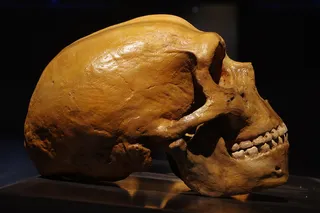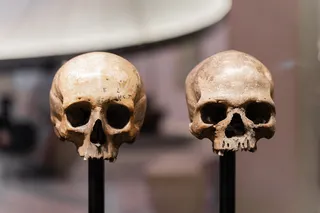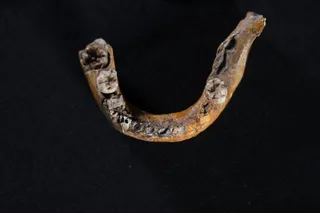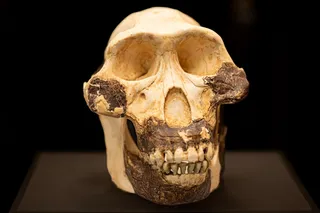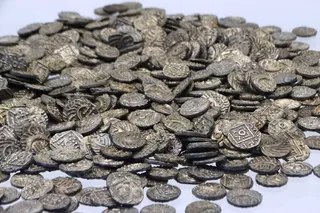We’ve long thought that Homo sapiens outlived Neanderthals because we were more intelligent. Essentially, modern humans entered the scene some 200,000 years ago, then quickly dominated and began our reign at the top of the food chain. Neanderthals were supposedly pushed to extinction by human gumption, and that’s why we survive today.
According to archeologists, this high-handed, simplified version of our human origin is likely untrue. Experts in this field point to a much cloudier view of our evolutionary past based on the rich Stone Age archeology of the Levant.
Today, the Levant region encompasses the Mediterranean shores of the Middle East. It’s likely that this temperate meld of coastal plain and hill country was actually home to a melting pot of Neanderthals and H. sapiens who lived together for more than 100,000 years, according to Erella Hovers, a professor of prehistoric archaeology at the Hebrew University of Jerusalem.
“I ...







